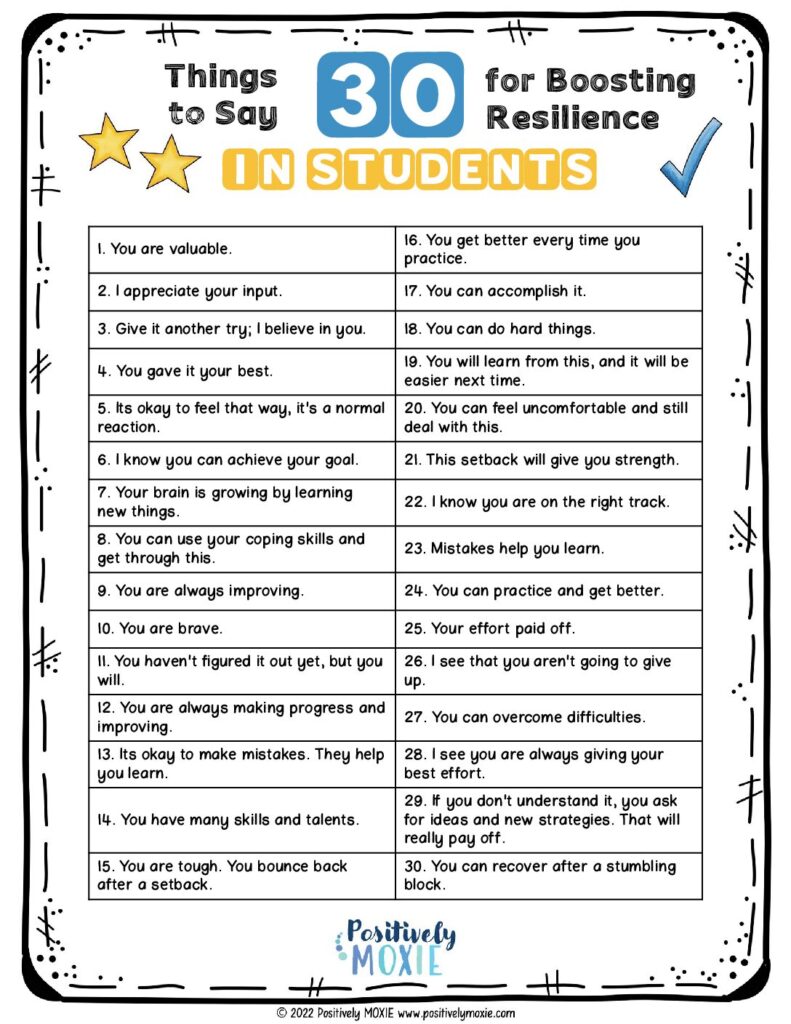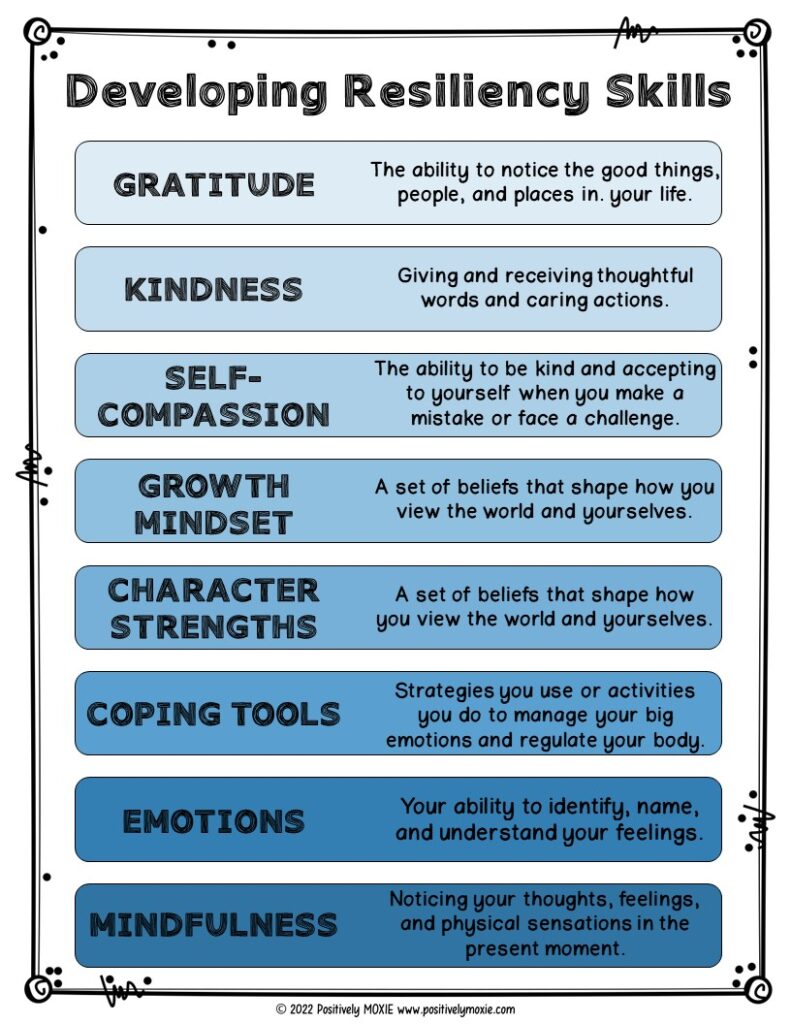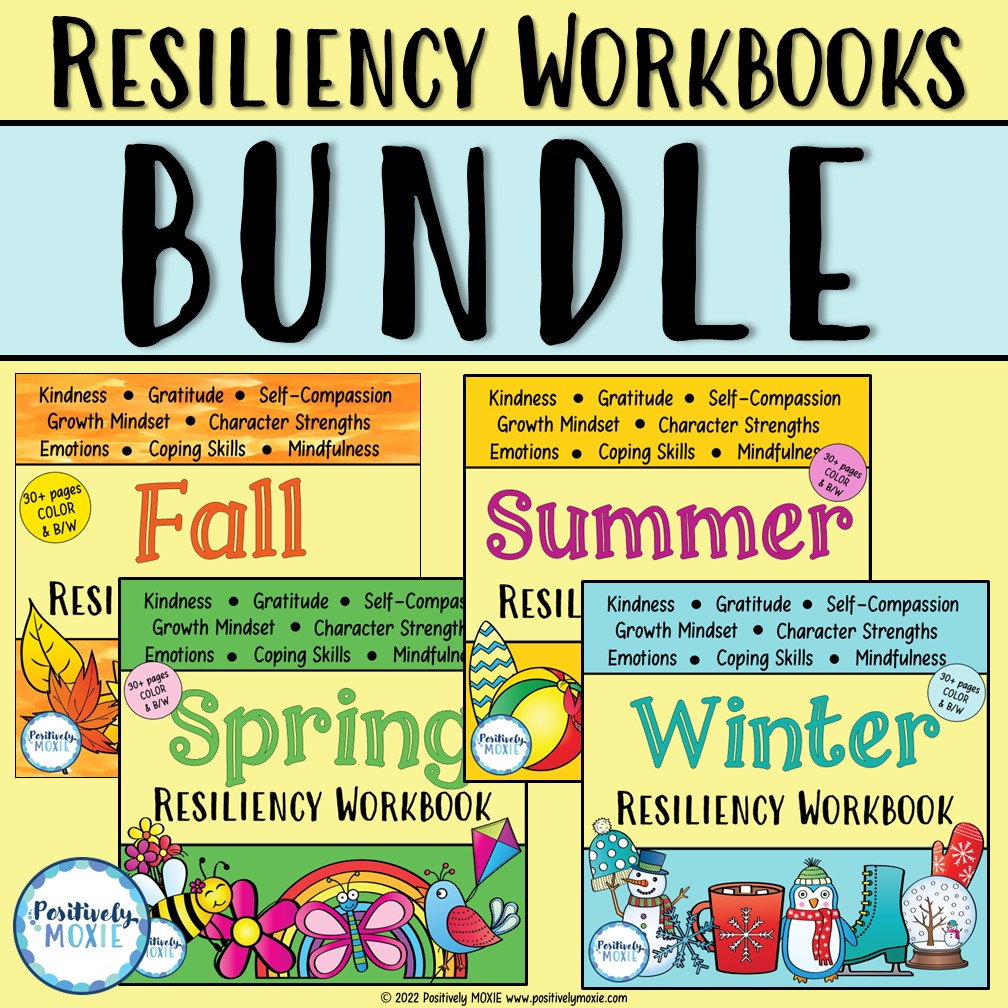8 Ways to Foster Resilience in our Children
Resilience gives you the ability to bounce back from setbacks and deal with life’s challenges. This article outlines 8 ways to help you build resilience in the children in your life. Build resilience in children by learning how to help children learn this very valuable skill. Resilience develops over time and is learned through experience.
According to the CDC’s Vital Signs, 1 in 6 adults has experienced 4 or more adverse childhood experiences (ACEs). These are defined as potentially traumatic events that occur in childhood and can include abuse, violence and/or being raised in a family with mental health or substance use problems. Some children face more obstacles and challenges than others. But why do some children do well despite having had ACEs?
The answer? These children are more resilient. Resilience is built over time. It is not something that you either have or don’t. Children that are given the opportunities to feel a sense of mastery develop resilience.
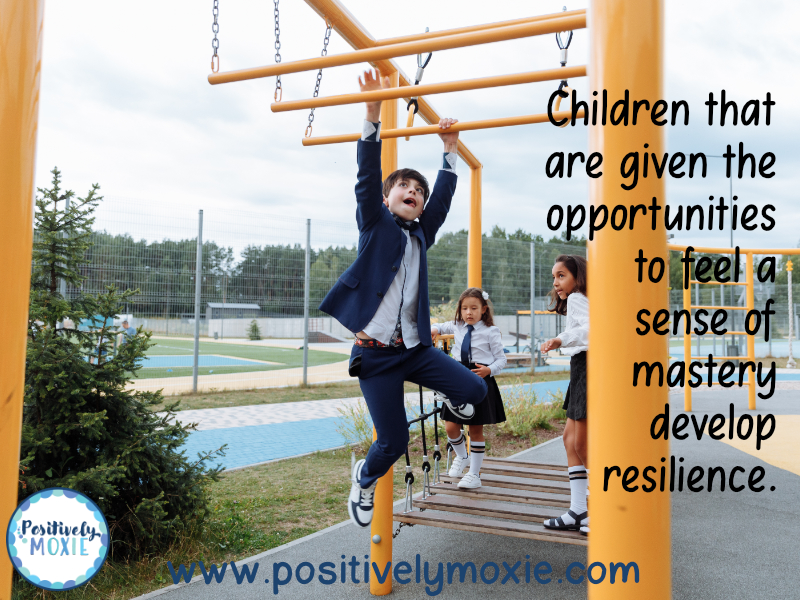
Researchers at Harvard’s Center on the Developing Child have outlined 4 common sets of factors that help children develop positive outcomes even in the face of significant adversity. These factors include
- Facilitating supportive adult-child relationships.
- Building a sense of self-efficacy and perceived control.
- Providing opportunities to strengthen adaptive skills and self-regulatory capacities.
- Mobilizing sources of faith, hope, and cultural traditions.
But how do we help children develop these skills of resilience? The strategies below outline 8 ways in which resilience can be developed.
Build Resilience in Children
1. Practicing Gratitude
Start with Gratitude. Gratitude is the ability to notice the good things, people, and places in your life. Research shows that people who regularly practice gratitude perform better across several areas including lower rates of depression, while also enhancing positive mental states such as joy, optimism, and calmness.
2. Using Mindfulness
Next, focus on the positive effects of mindfulness. Mindfulness is noticing your thoughts, feelings, and physical sensations in the present moment. Paying close attention helps to refocus and maintain attention to what is happening around you at the moment. In addition, research on mindfulness indicates that practicing mindfulness has many positive effects on your body and brain. Equally important, people who practice mindfulness have better physical health, a stronger immune system, and feel happier, according to research.
3. Creating Kindness
Thirdly, foster the importance of kindness. Kindness is giving and receiving considerate and thoughtful words. Kindness can also be giving and receiving caring actions from others. Being able to notice everyday acts of kindness helps strengthen your propensity for kindness. The more you notice and practice acts of kindness, the more likely you are to automatically respond with kindness in various situations.
Below is a list of 30 things to say to young people to help them boost resilience.
4. Nurturing Your Self-Compassion
Similar to kindness, self-compassion is the ability to be kind and accepting of yourselves when you make a mistake or face a challenge. Everyone faces challenges and obstacles. It is sometimes easier to self-criticize and judge your own faults. When students cultivate self-compassion, however, it allows them to respond to setbacks and adversity in a more positive and productive way. Furthermore, research on self-compassion has been linked to many positive mental and physical health outcomes which include lower rates of stress, anxiety, and depression, and higher rates of happiness and resilience.
5. Teaching Coping Skills
Coping skills help you calm your brain and body. Children who know how and when to use coping skills learn to manage their emotions and deal with stress. Teaching children to use coping skills at an early age is key to their social-emotional development. They do this by understanding their feelings and thoughts about their situations. Now, more than ever, children need to practice these coping strategies that help them deal with stress.
6. Labeling Difficult Emotions
In addition to developing coping skills, young people who can identify and manage their emotions form the foundation of emotional regulation, which is essential to becoming emotionally “fit”. By naming, interpreting, and managing emotions, children learn to increase their capacity to handle frustration, cooperate with others, and excel.
7. Developing a Growth Mindset
Next, build a growth mindset. Your mindset is a set of beliefs that shape how you view the world and yourselves. A fixed mindset is believing that basic qualities, like intelligence or talent, are simply fixed traits, whereas a growth mindset is believing that you can learn more or become better skilled through hard work and perseverance. Everyone has a mix of both fixed and growth mindsets.
Tips for developing a growth mindset include:
- Prioritize learning over outcomes
- View challenges and setbacks as opportunities to grow and learn something new
- Recognize and embrace your weaknesses
- Avoid comparing yourself to others – everyone has their own strengths and challenges
- Know that your brain is like a muscle that needs to work and get stronger
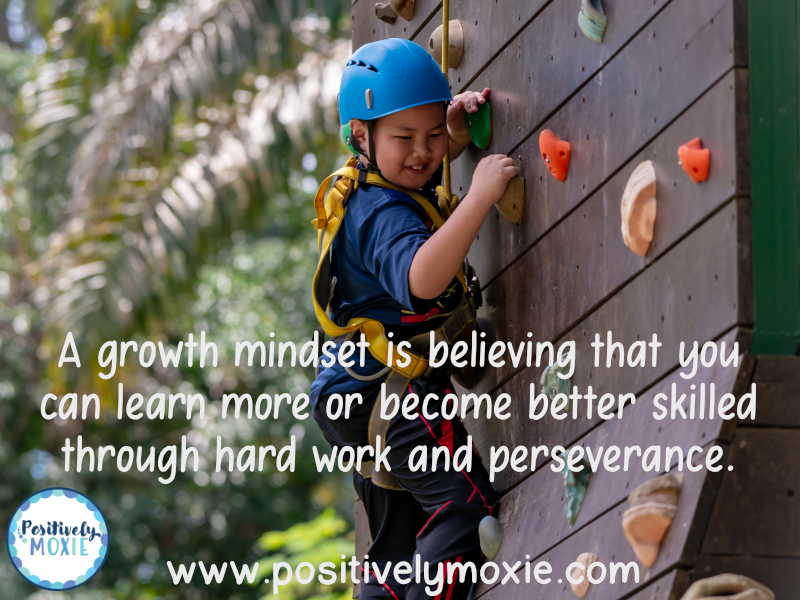
8. Using Your Character Strengths
Last, help children understand their character strengths. Character or personal strengths are defined as a personal capacity for a particular way of behaving, thinking, or feeling that is authentic and energizes you. Furthermore, young people that are able to identify and use their character strengths have been linked to many benefits including improved physical health, greater well-being, and stronger performances in school.
Looking for more?
Learn how to help young people build their resilience. Our Seasonal Resiliency Workbooks use all 8 of these key concepts that form the foundation of resiliency. Resilience gives you the ability to bounce back from setbacks and deal with life’s challenges. This workbook captures the eight areas just discussed, including gratitude, mindfulness, kindness, self-compassion, emotions, coping skills, growth mindset, and character strengths. Each workbook includes engaging worksheets, activities, cards, and other fun tasks, such as a word search and secret message decoder, all designed to help develop the foundations of resilience.
In conclusion, student resilience can be learned. Learning healthy ways to deal with adversity allows you to recover more quickly from adversity.


